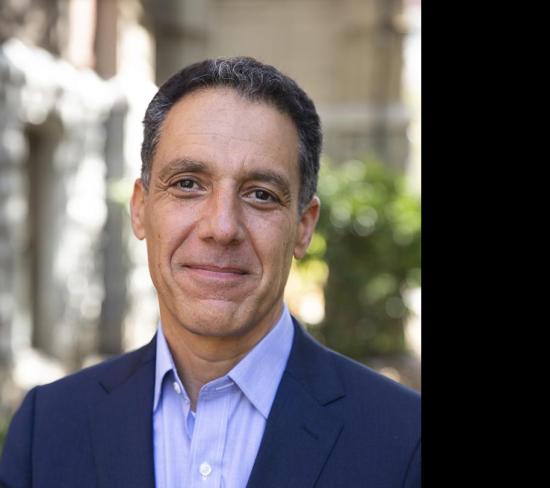From Berkeley News
Pandemic provides real-time experiment for diagnosing, treating misinformation
By Jon Bashor
With the COVID-19 virus spiking worldwide and the need for accurate information about it more important than ever, four data science experts from UC Berkeley held an online discussion on the origins, amplification and impacts of the current infodemic of mis- and disinformation that is jeopardizing measures to control the pandemic. The Dec. 8 Berkeley Conversations event was hosted by Nobel laureate Saul Perlmutter, director of the Berkeley Institute for Data Science (BIDS), which co-sponsored it with the Division of Computing, Data Science, and Society...
Deirdre K. Mulligan, a professor in the School of Information, opened the session by explaining that misinformation typically refers to objectively false information that is spread by people who think it’s true. Disinformation is intentionally false information that is designed to deceive the public, destabilize trust in public institutions or reap economic gain, such as through advertising. As examples of disinformation, she cited President Trump’s tweets that undermined trust in science, medicine and government institutions.
When the pandemic began in early 2020, “the social media companies had created the ingredients for the COVID misinformation and conspiratorial landscape we’re dealing with today,” said Hany Farid, a professor in the School of Information and the Department of Electrical Engineering and Computer Sciences. He cited two reasons: The firms have little to no editorial standards, and they algorithmically reward conspiratorial content, which draws more viewers of advertising than does other content.











